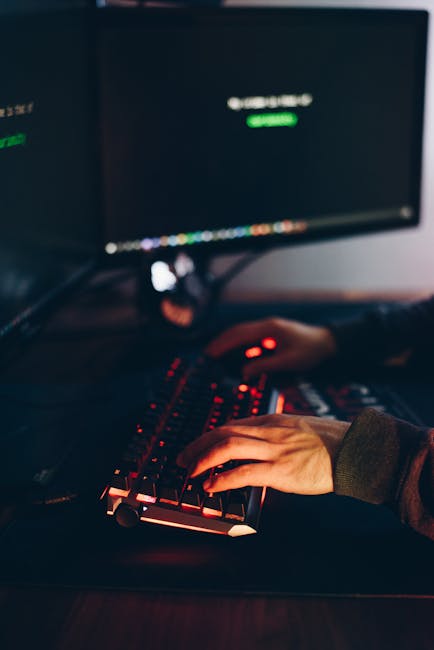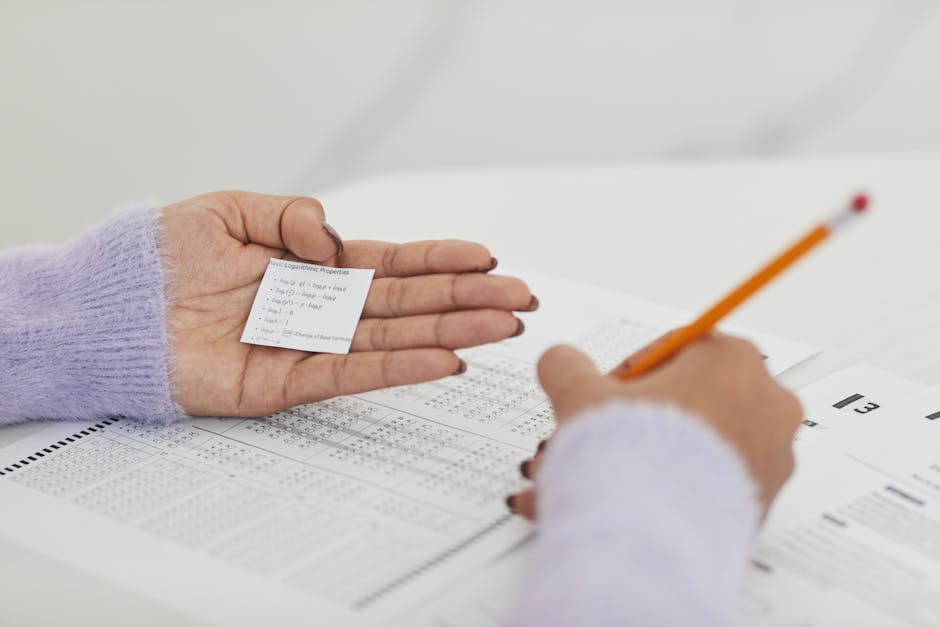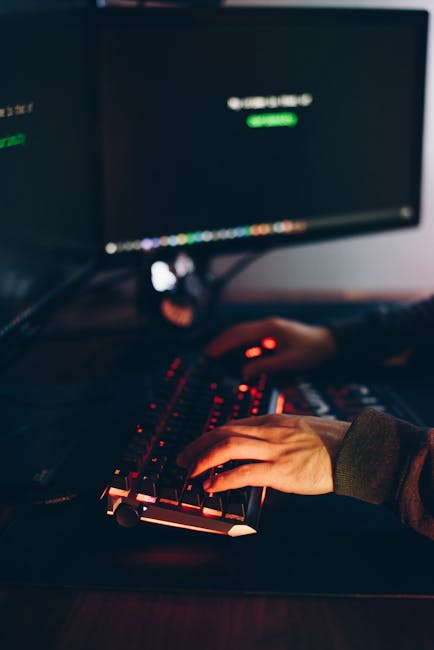Will Cheating Be Illegal in 2026? Exploring the Evolving Landscape of Academic and Professional Dishonesty
The question, “Will cheating be illegal in 2026?” doesn’t have a simple yes or no answer. While outright criminalization of cheating isn’t likely on a widespread scale by 2026, the legal and social ramifications of dishonest behavior are rapidly evolving. This article delves into the complexities of cheating across various sectors – academic, professional, and even in personal relationships – exploring the existing legal frameworks and predicting potential future trends.
Cheating in Academia: Current Legal Landscape
In 2024, cheating in academia isn’t a crime in itself, but it carries significant consequences. Universities and colleges have strict academic integrity policies that can result in failing grades, suspension, or expulsion. These policies are enforceable within the institution’s jurisdiction. While not criminal charges, these consequences can severely impact a student’s future opportunities.

The legal landscape is further complicated by the increasing use of technology in education. Contract cheating, where students pay others to complete their assignments, is a growing concern. While the act of paying for academic work may not be directly illegal in all jurisdictions, the act of selling or providing such services could lead to legal challenges depending on the specifics and local laws pertaining to fraud or misrepresentation.
Plagiarism and Copyright Infringement
Plagiarism, a major form of academic dishonesty, often overlaps with copyright infringement. While plagiarism itself is not usually a criminal offense, it can lead to serious academic penalties. However, if the plagiarized material is copyrighted, the student could face legal action from the copyright holder, potentially leading to civil lawsuits and financial penalties.
Cheating in the Professional World: Legal and Ethical Implications
Cheating in professional settings carries far more serious consequences than in academia. Depending on the nature of the dishonesty, it can lead to a wide range of legal repercussions, including:

- Fraud: Misrepresenting qualifications, falsifying data, or engaging in insider trading can result in criminal charges and significant prison sentences.
- Breach of Contract: Violating contractual agreements, such as confidentiality clauses, can lead to civil lawsuits and financial penalties.
- Professional Discipline: Many professions have regulatory bodies that can sanction or even revoke licenses for unethical conduct. This can result in loss of employment and career damage.
- Civil Lawsuits: Clients or businesses harmed by professional misconduct can sue for damages.
The increasing sophistication of technology and data analysis makes detecting professional dishonesty easier. This, combined with stricter regulatory enforcement, makes the risk of getting caught significantly higher.
Future Trends in Professional Integrity
With the rise of AI and automation, the methods and detection of professional cheating are changing rapidly. AI-powered plagiarism detection software is becoming more sophisticated, and advanced data analytics can identify patterns indicative of fraud or manipulation. The legal responses are likely to evolve to address these new challenges.
The Role of Technology in Detecting and Preventing Cheating
Technology plays a crucial role in both facilitating and detecting cheating. While platforms make it easier to share information and collaborate, they also provide tools for monitoring academic and professional activity. AI-powered plagiarism detection software, proctoring systems for online exams, and data analytics tools are increasingly used to identify suspicious behavior.
However, the use of technology also presents new challenges. The development of sophisticated AI tools for generating essays and other academic work raises concerns about circumventing detection methods. This arms race between cheating methods and detection technologies is likely to continue.

Will Laws Change by 2026? A Speculative Outlook
It’s unlikely that completely new laws criminalizing cheating will emerge across the board by 2026. Existing laws addressing fraud, copyright infringement, and other related offenses already cover many aspects of dishonest behavior. However, the enforcement and application of these laws might become more stringent. We might see:
- Increased penalties for contract cheating services.
- More robust regulations concerning the use of AI in academic and professional settings.
- Greater emphasis on proactive measures to prevent cheating, such as improved educational practices and ethical training.
The focus will likely remain on addressing the consequences of cheating rather than creating entirely new criminal offenses. This approach is more effective and less prone to unintended consequences.
Ethical Considerations Beyond the Law
The discussion about cheating extends beyond legal ramifications. Ethical considerations are paramount. The long-term impact of dishonesty on personal integrity, trust, and professional reputation is significant, even if it doesn’t lead to legal prosecution. The development of strong ethical values and a culture of integrity is crucial to address the root causes of cheating.
Conclusion: A Multifaceted Approach
While the question “Will cheating be illegal in 2026?” might receive a nuanced answer, it’s clear that the fight against dishonesty is evolving. The emphasis will continue to be on robust policies, technological advancements in detection, and a renewed focus on cultivating ethical behavior. While new laws are not the sole solution, a multi-pronged approach that addresses legal, ethical, and technological aspects will be vital in shaping a more honest and trustworthy future.

